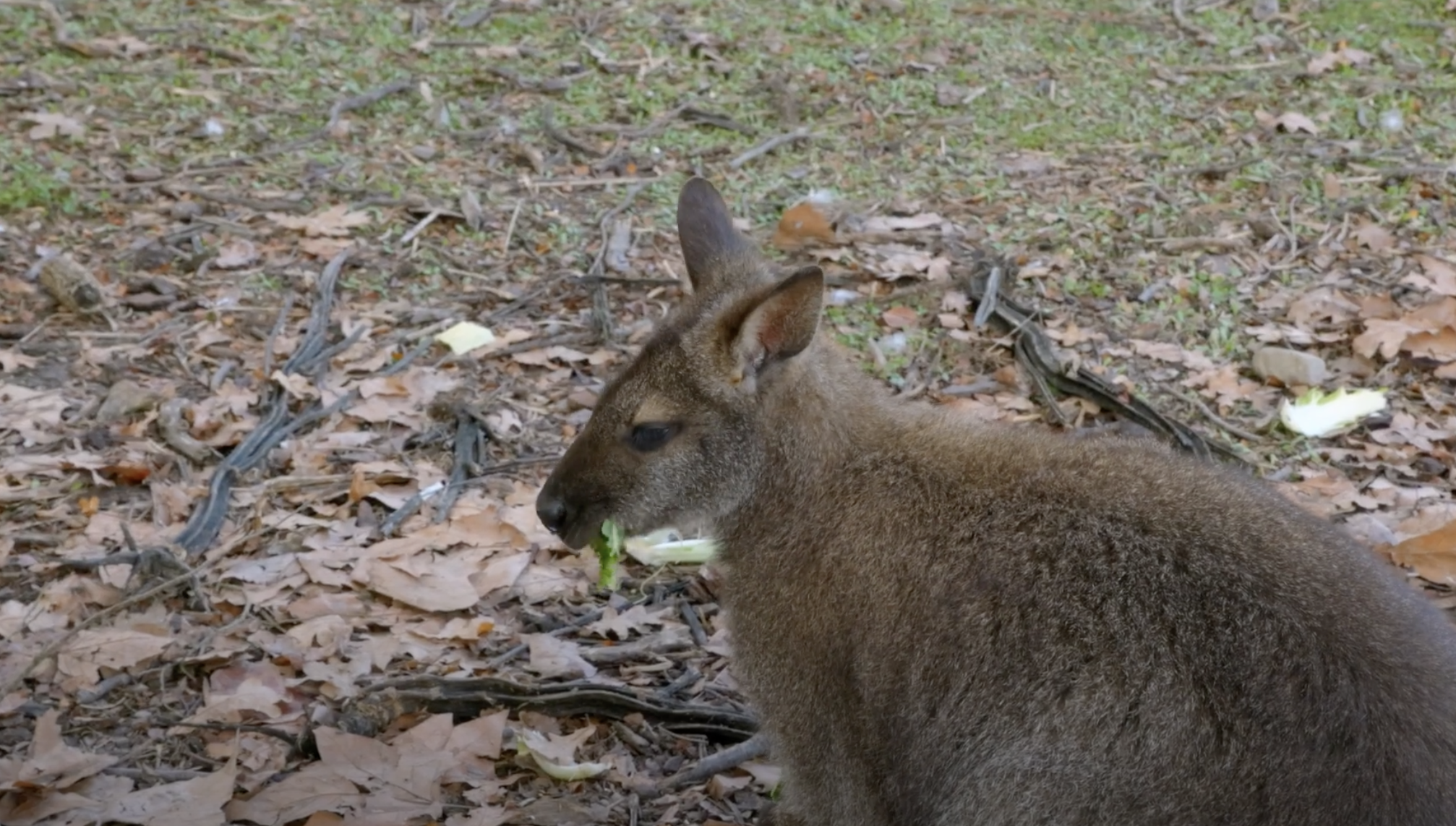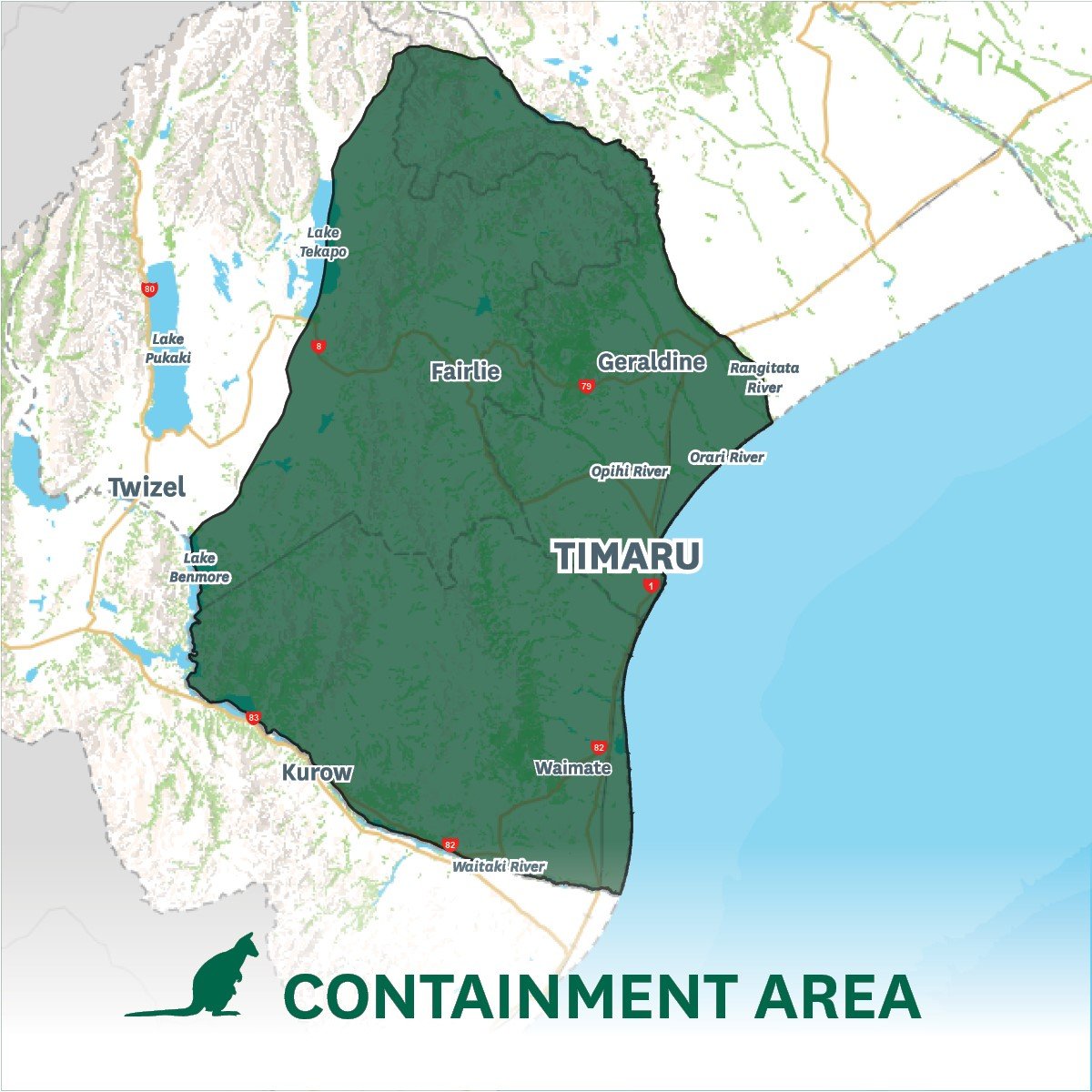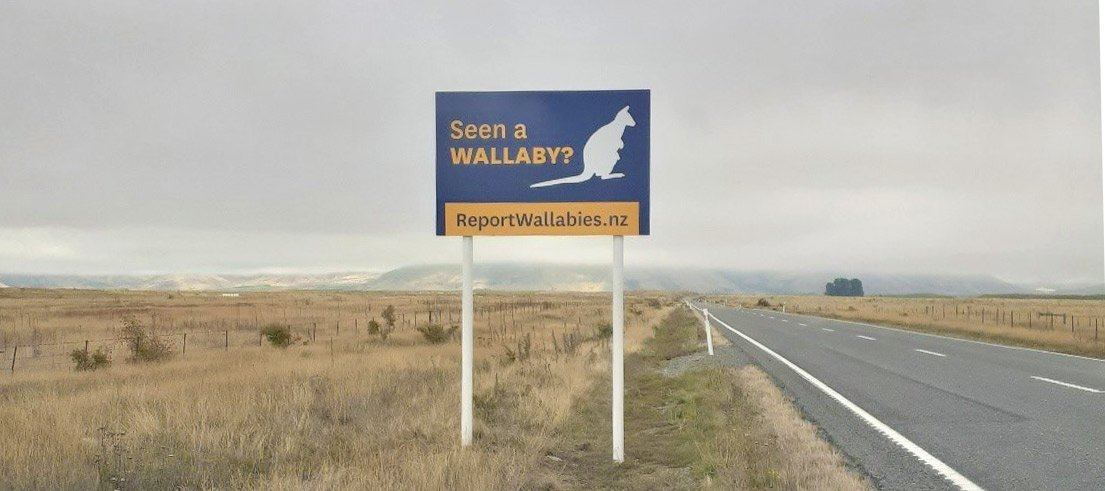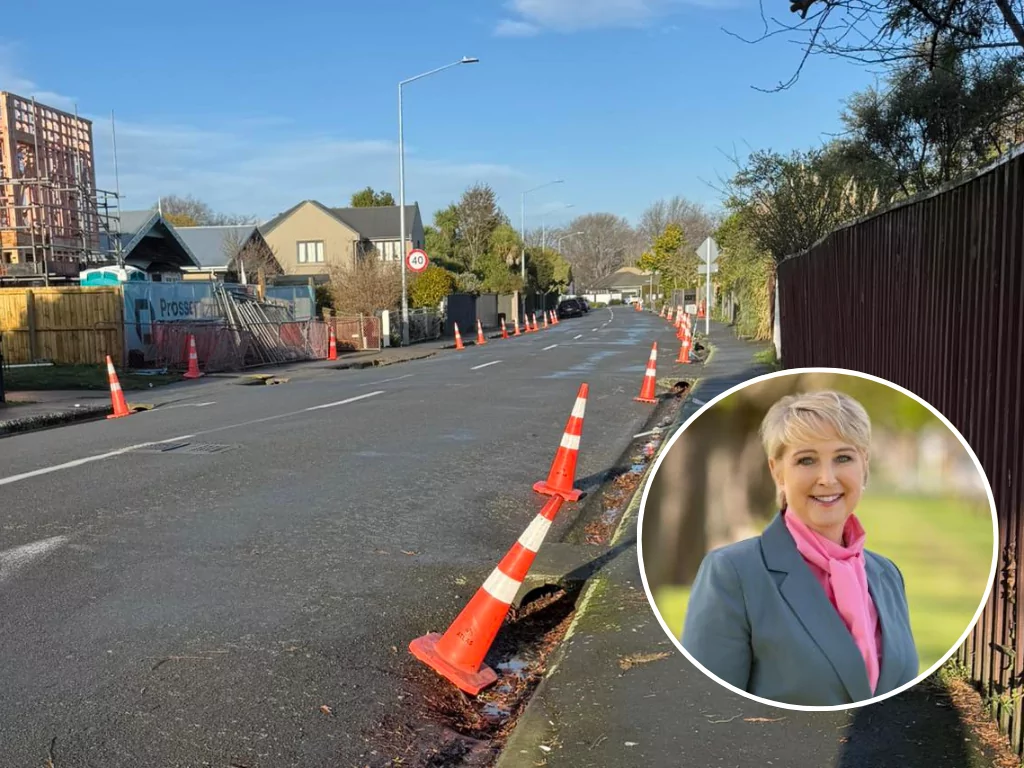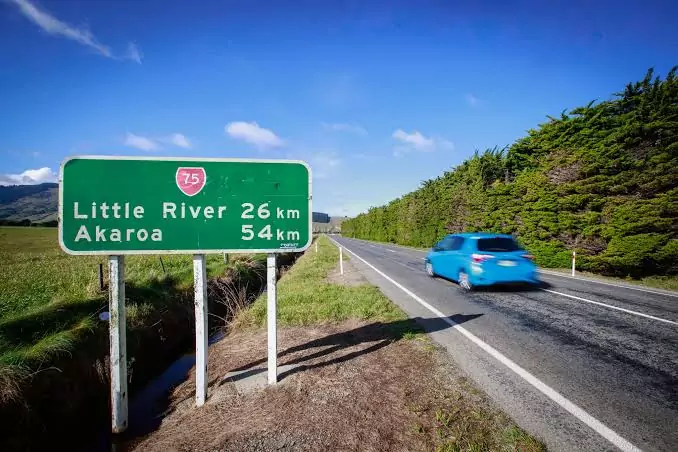Environment Canterbury and Otago Regional Council are encouraging people to report wallaby sightings as part of efforts to control them.
Signs have been erected along the two region’s borders encouraging anyone who has seen a wallaby to report their sighting to the national website so the relevant council can investigate.
Wallabies are considered a pest under both council’s Regional Pest Management Plans due to the harm they cause to biodiversity and productive land.
Canterbury has a containment area for wallabies that includes 900,000 hectares of land in South Canterbury, centred in the Hunter Hills, but also including the Two Thumb, Kirkliston and Grampian ranges.
Graphic: Environment Canterbury
In Otago, wallabies are listed as an eradication species, and all efforts are focused on the complete removal of them from the region in the medium term. For this plan to work, both councils need support from the public to report any sightings outside of the Canterbury containment area, including the whole of Otago.
Wallaby Programme Leader, Brent Glentworth said the signs have been placed in high traffic areas surrounding the containment area to target travellers who may not be aware of the animal’s pest status.
The two councils work together as part of the National Wallaby Eradication Programme which has provided $27 million worth of funding over four years nationally to reduce and contain populations of wallabies and boost regional employment opportunities, delivering environmental and economic benefits.
Otago Regional Council Environmental Implementation Manager, Andrea Howard, said that while Otago has relatively low numbers of wallabies, it’s extremely important that any sightings are reported, to enable contract teams to search and destroy any wallaby present and prevent breeding populations from establishing in Otago.
“Wallabies compete with livestock, with three wallabies eating as much as one sheep. They can foul pasture, damage fences, destroy agricultural crops, contribute to erosion and kill plantation forest seedlings. Wallabies also stop native bush regeneration by depleting forest understories,” she said.
If left unchecked, they could spread to over a third of the country over the next 50 years.
